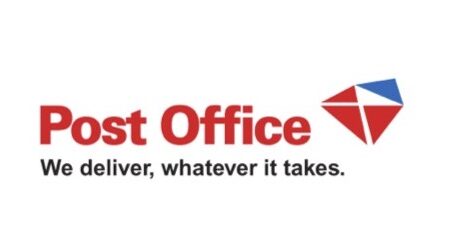Deputy Minister of Communications and Digital Technologies Phil Mapulane told Parliament’s Standing Committee on Public Accounts (Scopa) that the South African Post Office (Sapo) has asked the Treasury for R8bn over the next three years.
Finance minister Enoch Godongwana’s medium-term budget policy statement (MTBPS) did not provide for the request.
He said without the capital injection, he doesn’t see Sapo surviving its challenges.
Godongwana said that the performance of struggling state-owned enterprises will have to improve drastically before they receive any further bailouts.
Sapo received a government bailout of R2.9bn in 2019, which it used to settle loans and pay critical suppliers.
Mapulane said that Sapo had developed a turnaround strategy which would commit the entity to turning the corner.
Sapo’s revenue in 2015 was R3.43bn and has declined year on year to R1.51bn in the 2021 financial year.
Problems arise from:
- customer attrition;
- limited capital investment and lack of technology upgrades;
- leadership instability;
- Post Bank divestment without equity compensation;
- digital communication platforms substituting physical letter mail which results in declining volumes in letter-post, driving revenue downwards; and
- Covid-19.
Sapo pays staff salaries on time, but not employer contributions to the medical aid and pension fund.
Sapo also owes R600m to SA Revenue Service for PAYE, UIF and the skills development levy. It owes about the same to the medical aid for the unpaid employer contributions.
Creditors are also not being paid within the stipulated 30 days.
The government’s decision to separate Post Bank from Sapo didn’t consider the effect that would have on Sapo. The latter had added a lot of value to Post Bank and it needed to be compensated.
The 2019/20 audit recorded R199.3m in irregular expenditure.

